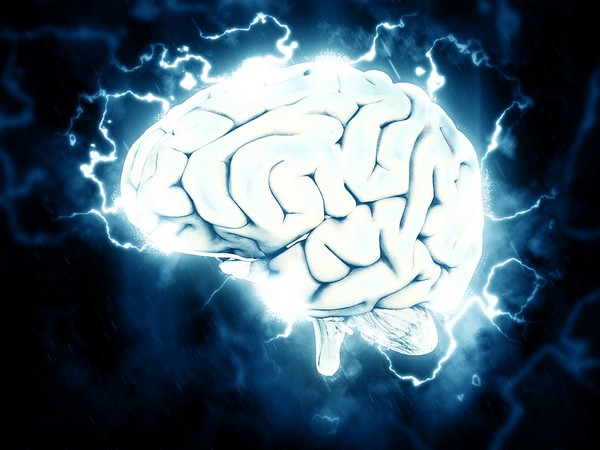Researchers find how coronavirus triggers immune response in brain
Researchers at the University of Huddersfield demonstrated how the induction of brain inflammation accounts for neurological damage in COVID19 patients.

- Country:
- United Kingdom
Researchers at the University of Huddersfield demonstrated how the induction of brain inflammation accounts for neurological damage in COVID19 patients. The study, published in the journal Molecular Neurobiology led by the University of Huddersfield's Dr Mayo Olajide, describes how the spike protein used by the coronavirus to enter human cells can have a similar effect on the brain's immune cells as it does with the rest of the body.
Dr Olajide, whose previous research discovered how the onset of Alzheimer's disease can be slowed and some of its symptoms curbed by a natural compound that is found in pomegranate, conducted the potential impact of the Spike Glycoprotein S1 using immune cell lines obtained from mice and is now applying for funding to develop the research further using brain cells from humans. "Following our hypothesis," said Dr Olajide, "we are now questioning when the coronavirus has affected the brain, could this pose a risk for neurodegenerative disorders further down the line, like Alzheimer's or Parkinson's?"
According to Dr Olajide, whilst other research demonstrated the mechanism of why the virus was able to gain access into the brain through the nose, theirs was among the first to demonstrate how the coronavirus activated the brain's own immune response. "It may not be multiplying in the brain, but when it gets into the brain, it can actually induce immune responses and this explains some of the trends people have reported when they have been infected such as continued brain fog and memory loss," he said.
Dr Olajide believes if adequate funding can be achieved the research could prove significant. "The thing with COVID research is so many researchers speculate but less actually carry out the experiments needed to prove their research because it takes such a long time to complete," Dr Olajide said. (ANI)
(This story has not been edited by Devdiscourse staff and is auto-generated from a syndicated feed.)










